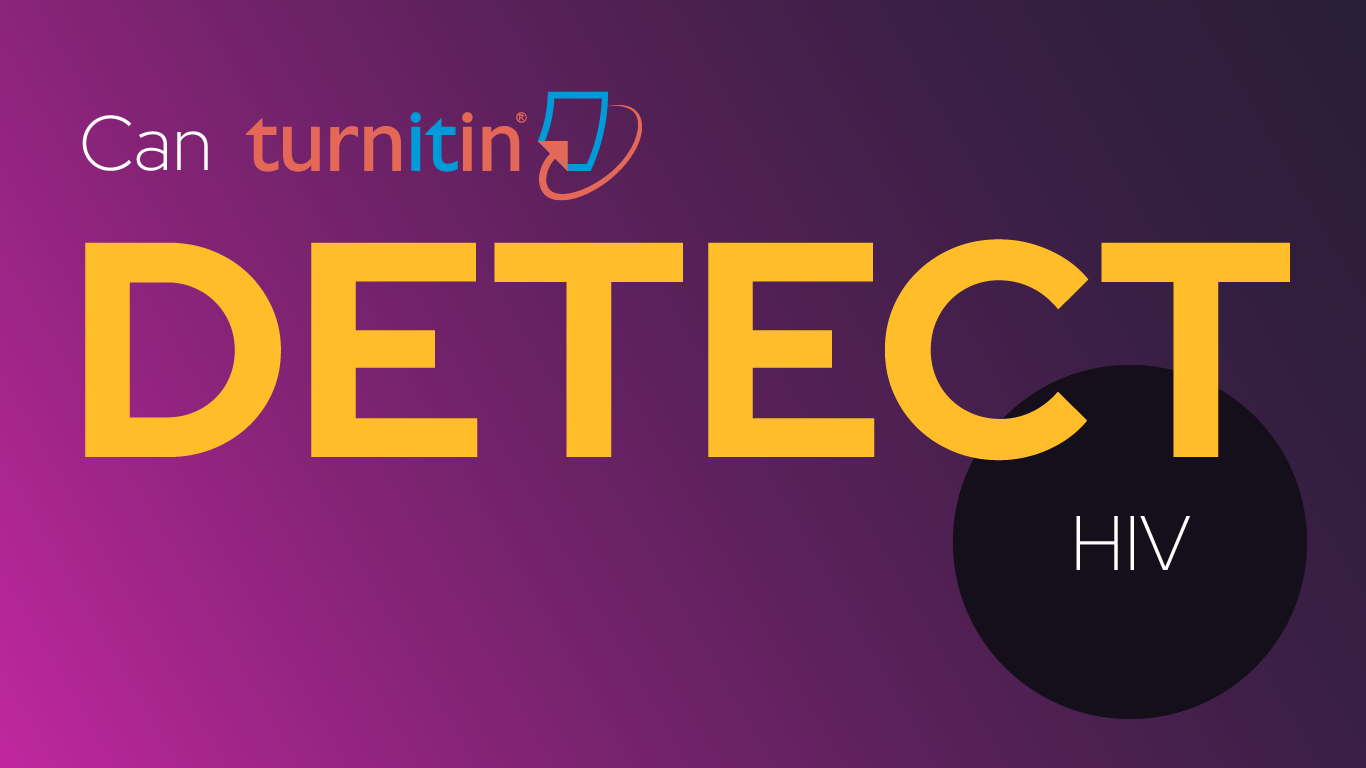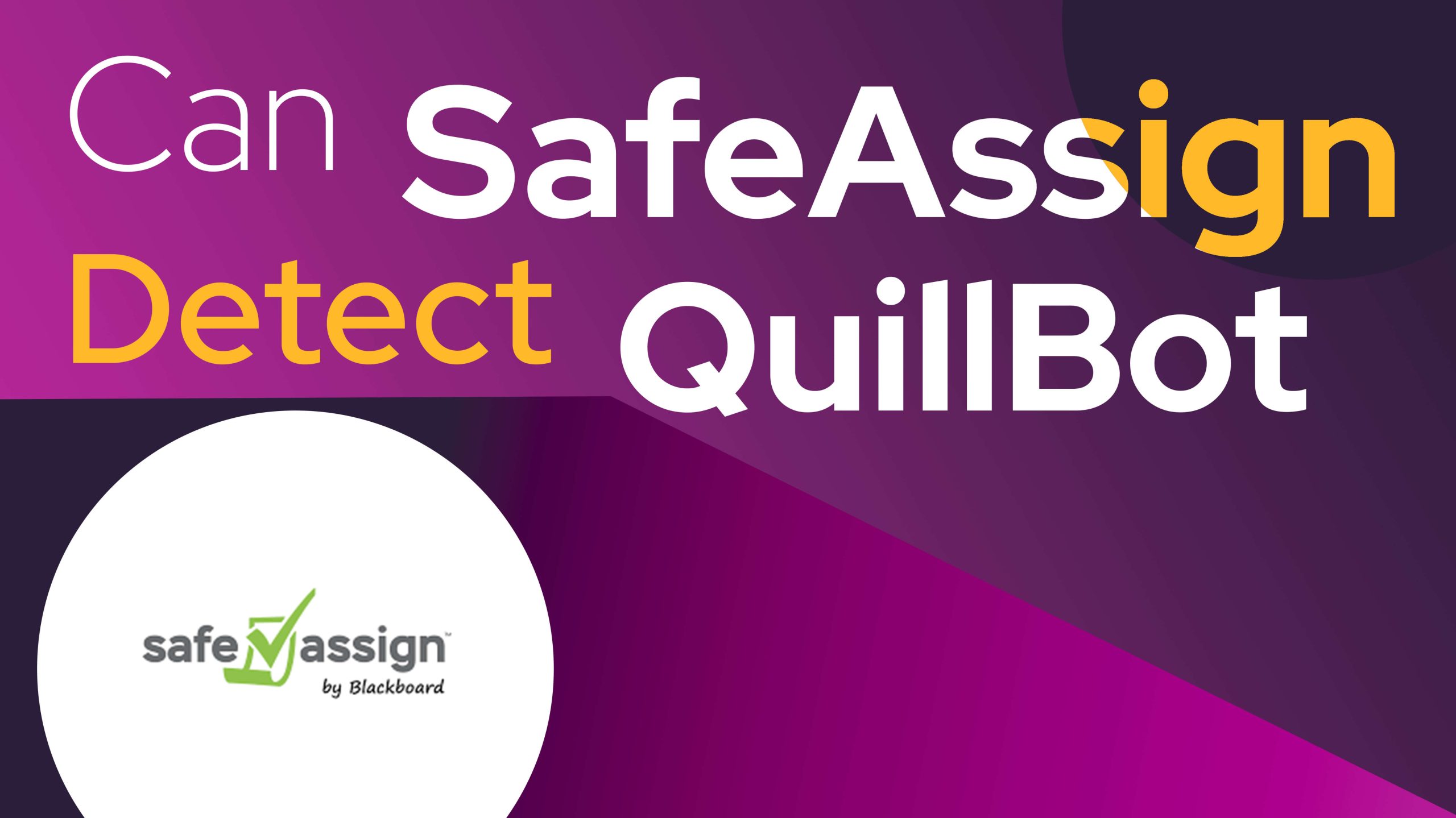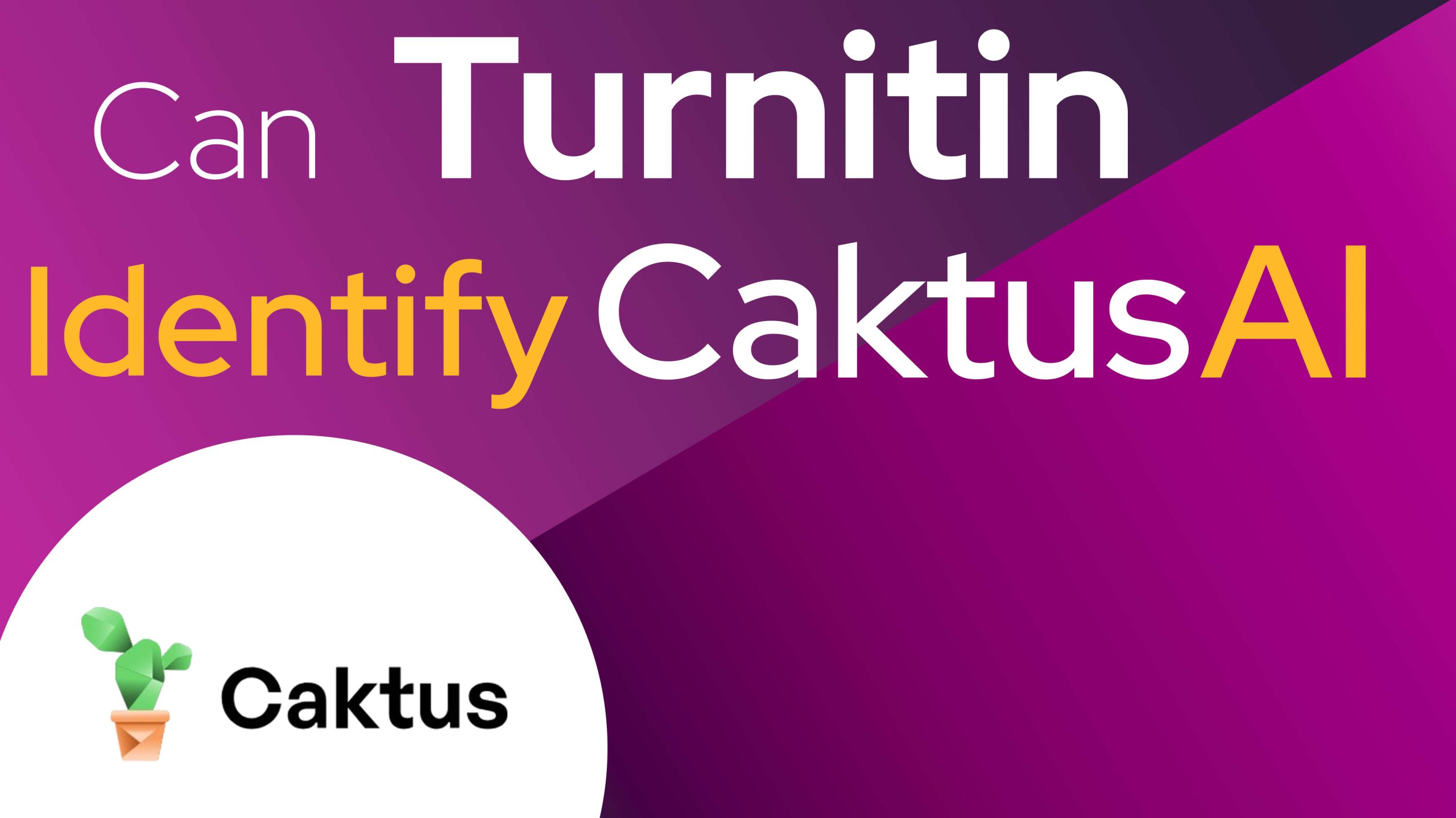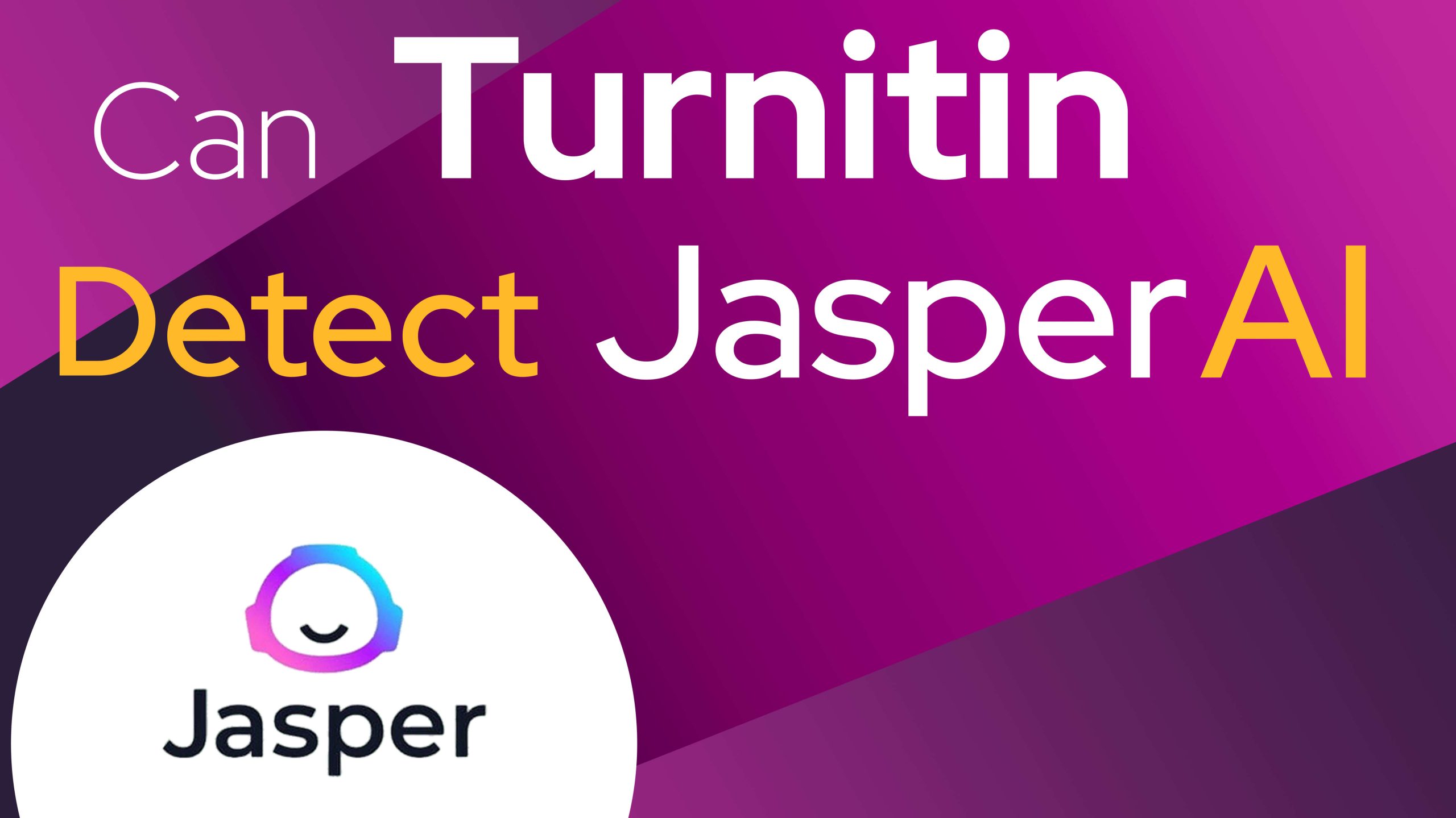In the rapidly evolving world of artificial intelligence tools for academia and content creation, it’s crucial to understand the differences between platforms. This article explores the capabilities and applications of QuillBot, Canvas AI, and Netus AI, three distinct tools that cater to various aspects of writing, editing, and content management.
Turnitin’s Detection Against Hix AI
Turnitin has long been a cornerstone in academic integrity, providing educators with a reliable tool to detect plagiarism by comparing submitted work against an extensive database of academic papers, websites, and other resources. More recently, Turnitin has adapted to the challenges posed by AI-generated content. By leveraging advanced algorithms, Turnitin can identify patterns typical of AI-generated text, such as inconsistencies in style, unnatural phrasing, or over-reliance on certain types of vocabulary.

Despite these advancements, Turnitin’s ability to detect AI-generated content is not foolproof. The effectiveness of Turnitin largely depends on the sophistication of the AI tool used to generate or modify the content. This brings us to HIX AI, an advanced rewriting tool designed to make AI-generated text appear more human-like and, therefore, more difficult to detect.
HIX AI: An AI Bypass Tool
HIX AI is an advanced content rewriting tool that refines AI-generated text to make it indistinguishable from human-written material. The primary appeal of HIX lies in its ability to “humanize” text, transforming robotic or formulaic AI outputs into more natural, fluent prose. HIX achieves this through machine learning algorithms that modify sentence structure, word choice, and overall text flow to mimic human writing patterns.
HIX AI is marketed as a solution for those who wish to bypass AI detectors like Turnitin. Users claim that HIX can successfully evade detection, even from specialized tools such as Originality AI and GPTZero. This has led to widespread interest, particularly among students and content creators who seek to avoid the penalties associated with submitting AI-generated work.
Can Turnitin Detect HIX AI?
The debate over whether Turnitin can detect content altered by HIX AI is ongoing. On one side, proponents of HIX AI argue that the tool’s advanced algorithms are capable of bypassing even the most sophisticated AI detectors. They highlight cases where content processed through HIX has passed AI detection tests, allowing users to submit work without raising red flags.
However, this view is not universally accepted. Critics point out that while HIX AI may improve the chances of passing detection, it does not guarantee complete evasion. Turnitin, with its continuous updates and improvements, may still flag content if the rewriting is insufficiently substantial or if it closely mirrors existing sources in the database. Moreover, experienced educators, familiar with their students’ writing styles, may still detect discrepancies that suggest the use of AI, regardless of whether the text passes through Turnitin undetected.
Ethical Considerations When Trying To Bypass Turnitin with Hix AI
The use of tools like HIX AI raises significant ethical concerns. Attempting to bypass AI detection systems undermines the integrity of academic and professional work. Educators warn that relying on such methods not only devalues the qualifications students work hard to achieve but also exposes them to severe academic penalties if caught. Academic institutions have strict policies against plagiarism and the use of AI in assignments, and students found guilty of such practices can face serious consequences, including expulsion.

Additionally, there is the moral question of whether using AI tools like HIX to evade detection is fundamentally different from other forms of academic dishonesty. Many educators argue that it is not, as the intent is to deceive. Thus, while tools like HIX AI may offer a temporary solution, the long-term risks and ethical implications often outweigh the short-term benefits.
Netus AI: An Ethical Alternative
In contrast to HIX AI, Netus AI presents itself as an ethical and superior method for generating undetectable AI content. Unlike HIX, which focuses on bypassing detection, Netus AI emphasizes creating content that aligns with ethical standards while still remaining authentic and original. Netus AI employs advanced natural language processing techniques to generate human-like text that is indistinguishable from manually written content, yet it is designed to be used in a manner that upholds academic and professional integrity.
Netus AI stands out by ensuring that the content it generates is unique and passes plagiarism checks without resorting to unethical practices. By focusing on originality and creativity, Netus AI provides a legitimate way for users to enhance their writing while maintaining compliance with academic guidelines. For those concerned with both quality and ethics, Netus AI offers a viable alternative that avoids the risks associated with tools like HIX.
Expert Opinions and Insights
Educators and experts in AI detection tools have weighed in on the effectiveness of HIX AI and similar technologies. Many agree that while these tools have grown more sophisticated, they are not infallible. One professor shared that their primary method of detecting academic dishonesty is through a deep understanding of their students’ writing styles, allowing them to recognize inconsistencies that may indicate the use of AI tools. This human element, they argue, is something that no technology can fully replicate.
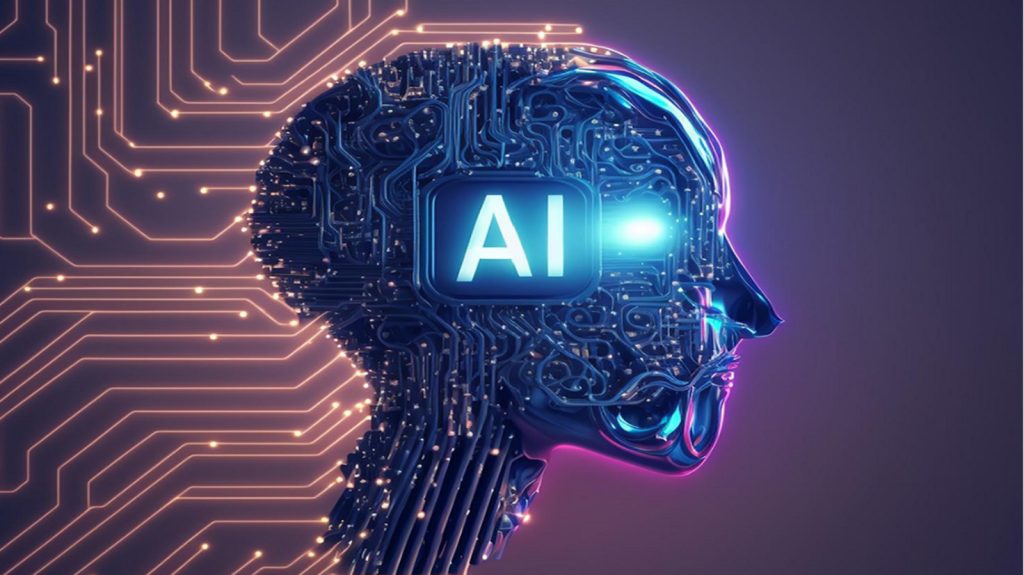
Moreover, experts in the field of AI detection caution against over-reliance on tools like HIX AI. They note that as detection algorithms become more advanced, the gap between undetectable AI-generated content and detectable content will likely narrow. As a result, students and content creators who rely heavily on these tools may find themselves at greater risk of detection in the future.
Can Turnitin Detect HIX AI? – FAQ
Can Turnitin detect AI-generated content?
Yes, Turnitin has developed the capability to detect AI-generated content. It uses advanced algorithms to identify patterns typical of AI-generated text, such as inconsistent style, unnatural phrasing, and repetitive sentence structures. However, its effectiveness depends on the sophistication of the AI tool used to create the content.
What is HIX AI, and how does it work?
HIX AI is an advanced rewriting tool designed to make AI-generated text appear more human-like. It modifies AI-generated content by adjusting sentence structure, word choice, and overall text flow to mimic natural human writing patterns. The goal is to bypass AI detection tools like Turnitin, making the text difficult to identify as AI-generated.
Can Turnitin detect content modified by HIX AI?
While HIX AI may improve the chances of passing AI detection, it does not guarantee complete evasion. Turnitin may still flag content if the rewriting is insufficiently substantial or if the text closely resembles existing sources. Additionally, experienced educators can often identify discrepancies in writing style that suggest the use of AI tools, even if the content is not flagged by Turnitin.
What are the ethical concerns surrounding the use of HIX AI?
Using HIX AI to bypass detection tools like Turnitin raises significant ethical concerns. It is considered a form of academic dishonesty, as it involves attempting to deceive educators and academic institutions. Such practices undermine the value of education and can lead to severe consequences, including academic penalties and reputational damage.
What is Netus AI, and how does it differ from HIX AI?
Netus AI is an alternative to HIX AI that focuses on creating original, human-like text while adhering to ethical standards. Unlike HIX AI, which aims to bypass detection systems, Netus AI is designed to generate content that is both undetectable by AI detectors and compliant with academic integrity guidelines. It emphasizes originality and creativity without resorting to unethical practices.
Is it possible to completely bypass AI detection tools like Turnitin?
No method guarantees complete evasion of AI detection tools like Turnitin. While tools like HIX AI can reduce the likelihood of detection, they are not foolproof. Detection algorithms are continuously improving, and as they evolve, the ability to identify AI-generated content will likely become more sophisticated. The safest approach is to produce original, human-written content.
What are the consequences of being caught using AI tools to generate academic work?
The consequences of being caught using AI tools like HIX AI to generate academic work can be severe. Academic institutions typically have strict policies against plagiarism and the use of AI in assignments. Penalties can include failing the assignment, academic probation, suspension, or even expulsion. Additionally, being caught can damage a student’s academic reputation and future opportunities.
Why is producing original work important in academic settings?
Producing original work is crucial in academic settings because it demonstrates genuine understanding, critical thinking, and creativity. It ensures that students are engaging with the material, learning effectively, and developing skills that will be valuable in their future careers. Original work also upholds the integrity of academic qualifications, which is essential for maintaining trust in educational institutions.
How can Netus AI help maintain academic integrity?
Netus AI helps maintain academic integrity by generating high-quality, original content that adheres to ethical standards. It uses advanced natural language processing techniques to create text that is human-like and free from plagiarism. By focusing on originality and creativity, Netus AI allows students and professionals to enhance their writing while staying within the bounds of academic and professional ethics.
What is the future of AI detection and content creation?
The future of AI detection and content creation will likely involve a continuous race between increasingly sophisticated AI generation tools and equally advanced detection systems. As AI technology evolves, detection tools like Turnitin will adapt to identify even subtle traces of AI involvement in content creation. At the same time, ethical AI tools like Netus AI will become more refined, offering users the ability to create high-quality, original content that meets academic and professional standards.

